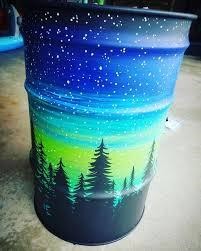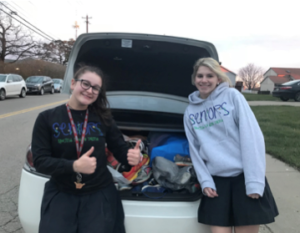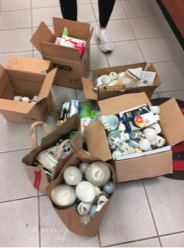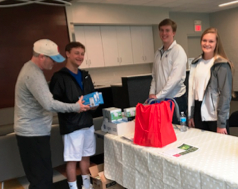2019, Saskatoon, Saskatchewan, Canada
Rafay, Josh, and Saabir of Greystone Heights School in Saskatoon were concerned with the amount of single-use plastics contaminating and creating dangers in our environment.
These students planned a community cleanup to reduce the amount of garbage and single-use plastics ending up in our river, and they have planned a single-use plastics phase-out in their school. To eliminate the use of single-use plastics in their school, they created a competition to see which class was bringing the least amount of single-use plastics to school for lunches and snacks. The winning class at the end of the month wins a pizza party. To encourage the elimination of these plastics, the group will be providing paper straws, paper bags, biodegradable utensils, and paper cups for the students in the school to use instead. They have already created a website so that students and others can learn how to phase out the use of plastics at their schools and in their homes.
Rafay, Josh, and Saabir feel that their project is economically feasible, easy to replicate anywhere, and has huge environmental impact potential.
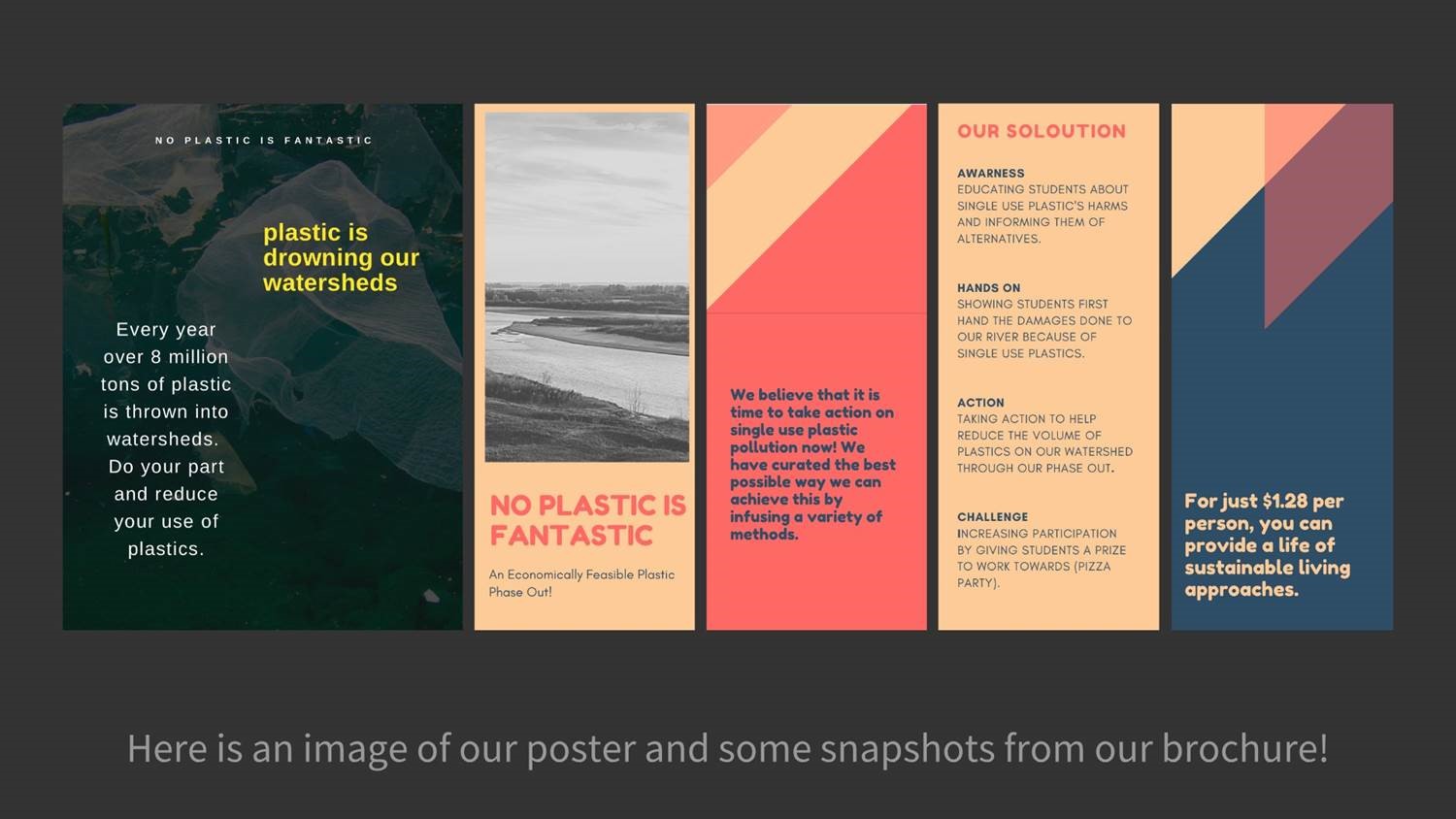
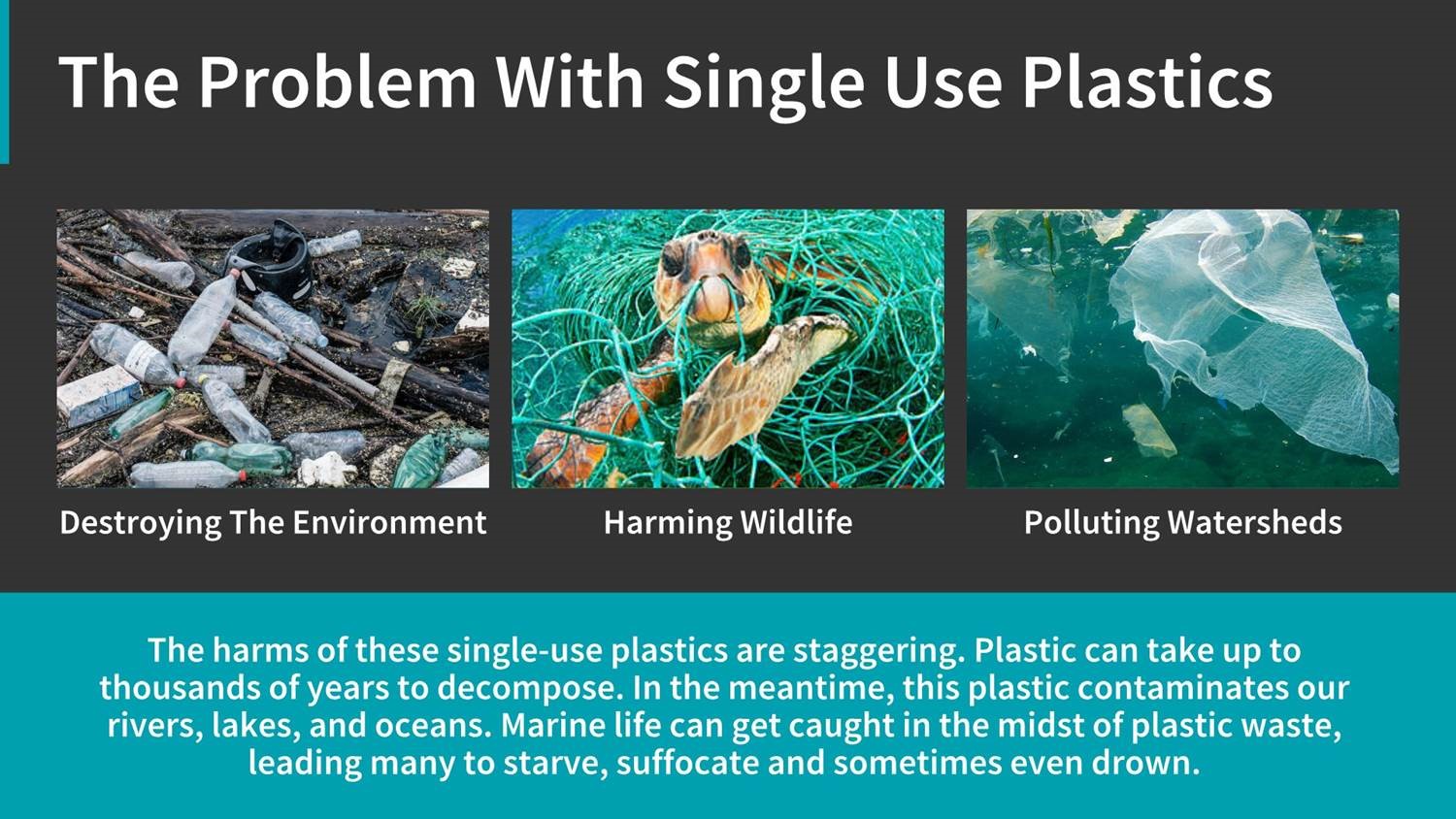

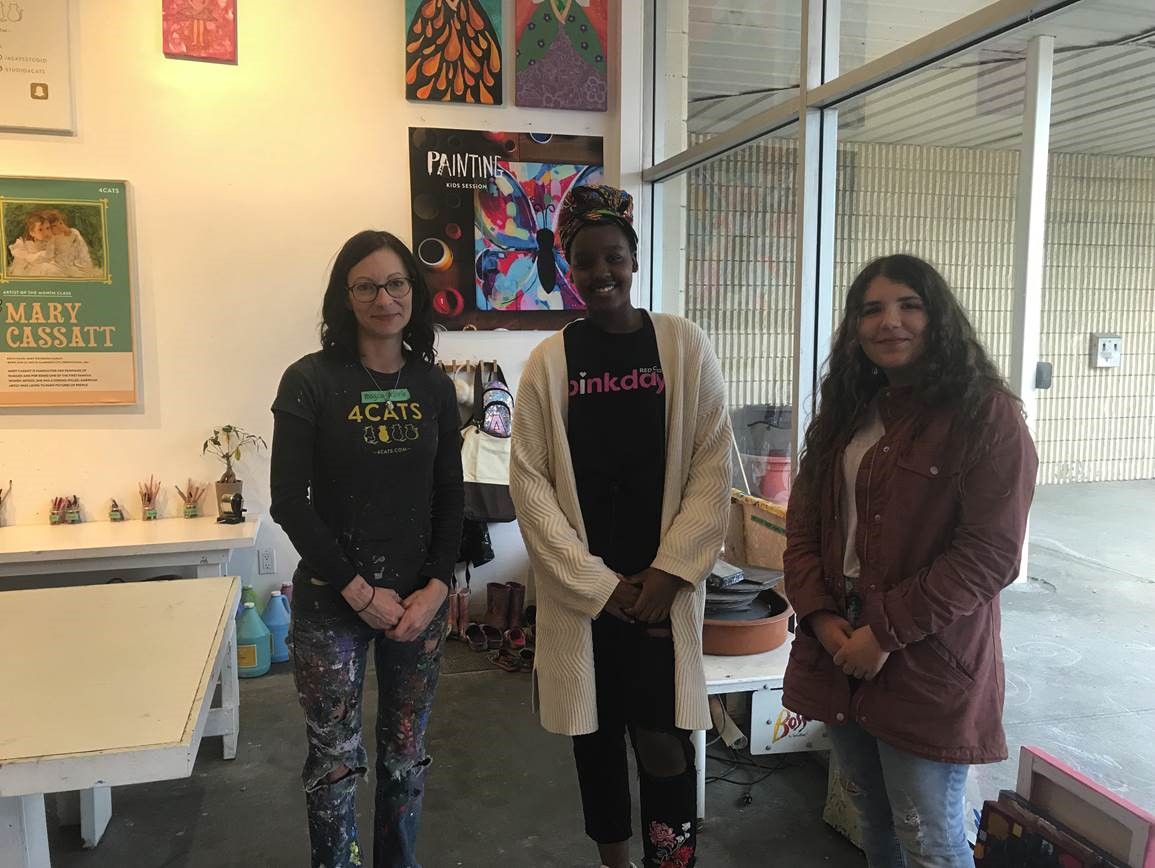
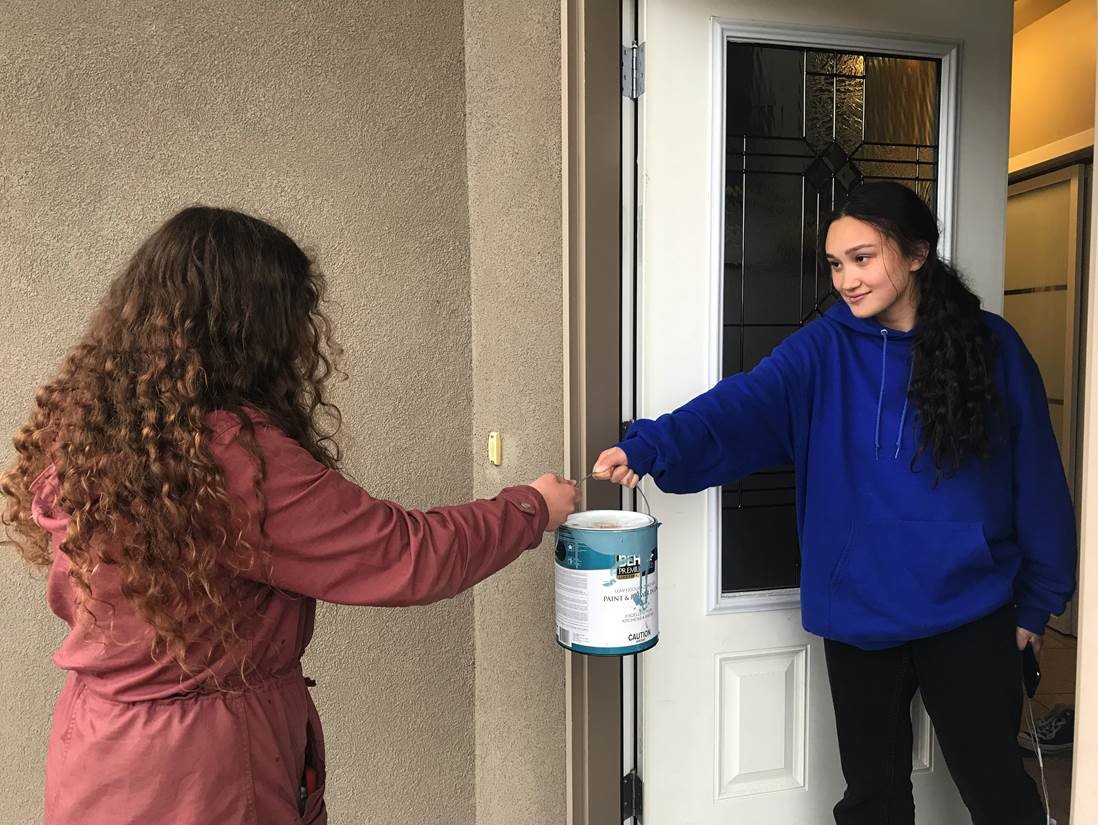
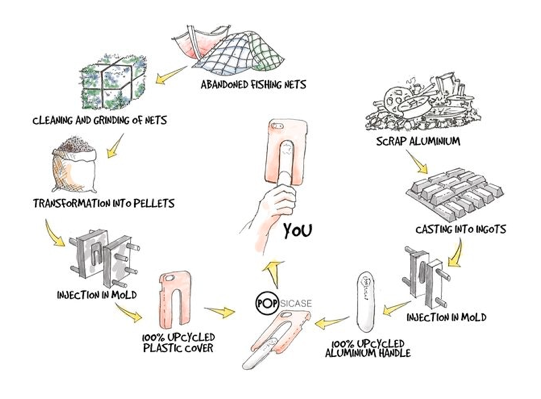
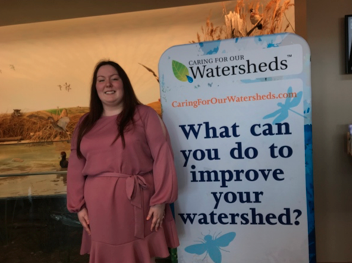
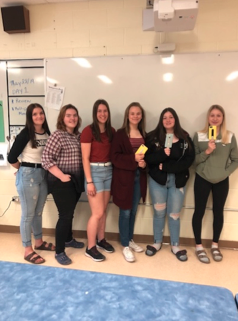
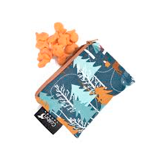
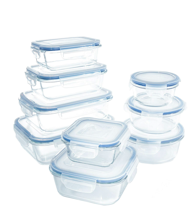
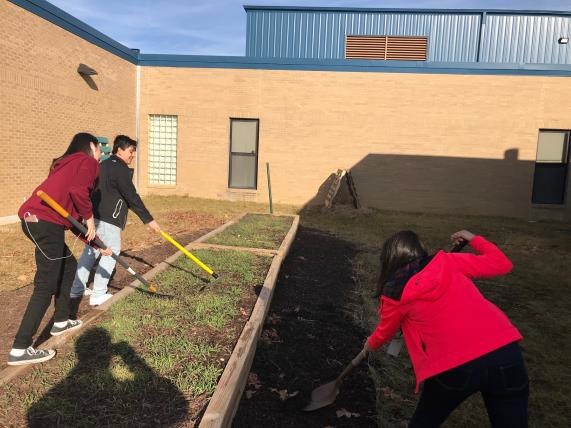 2019, Woodbridge, Virginia, USA
2019, Woodbridge, Virginia, USA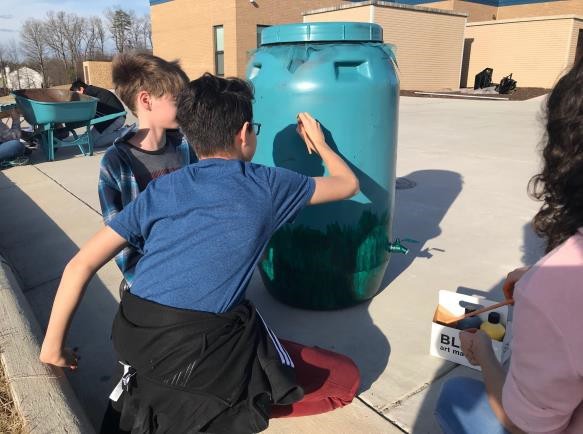
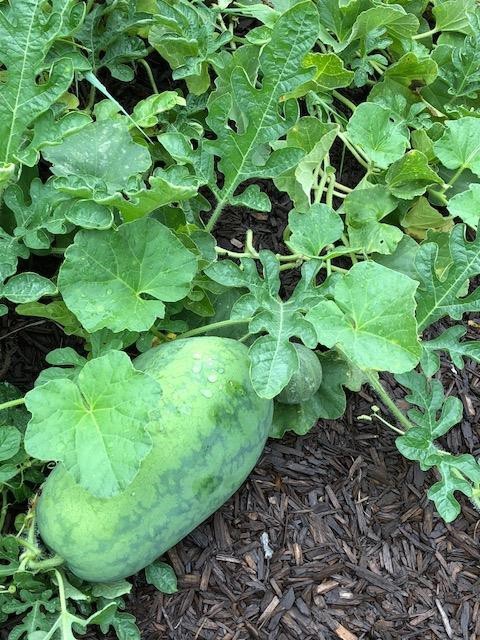 Many of our students are disconnected from nature. In a recent school survey, over 80% of students reported spending less than 15 minutes a day outside. This removal from the outside world impacts how the kids view the Earth and challenges that society faces with environmental issues. The students in the Ecology Club are using this courtyard garden to teach the other students at school about pollution, it’s impact on our water and soil, the importance of pollination and pollinators, biodiversity and where food comes from. It is not a complicated project, but it is profoundly changing how some students will approach their natural world. Their hope is for a cascade effect. They want to clean our local grounds and use that trash to beautify the garden by planting herbs and flowers in it. That it will increase the number of insects and birds in the garden and inspire the humans at school to do the same.
Many of our students are disconnected from nature. In a recent school survey, over 80% of students reported spending less than 15 minutes a day outside. This removal from the outside world impacts how the kids view the Earth and challenges that society faces with environmental issues. The students in the Ecology Club are using this courtyard garden to teach the other students at school about pollution, it’s impact on our water and soil, the importance of pollination and pollinators, biodiversity and where food comes from. It is not a complicated project, but it is profoundly changing how some students will approach their natural world. Their hope is for a cascade effect. They want to clean our local grounds and use that trash to beautify the garden by planting herbs and flowers in it. That it will increase the number of insects and birds in the garden and inspire the humans at school to do the same.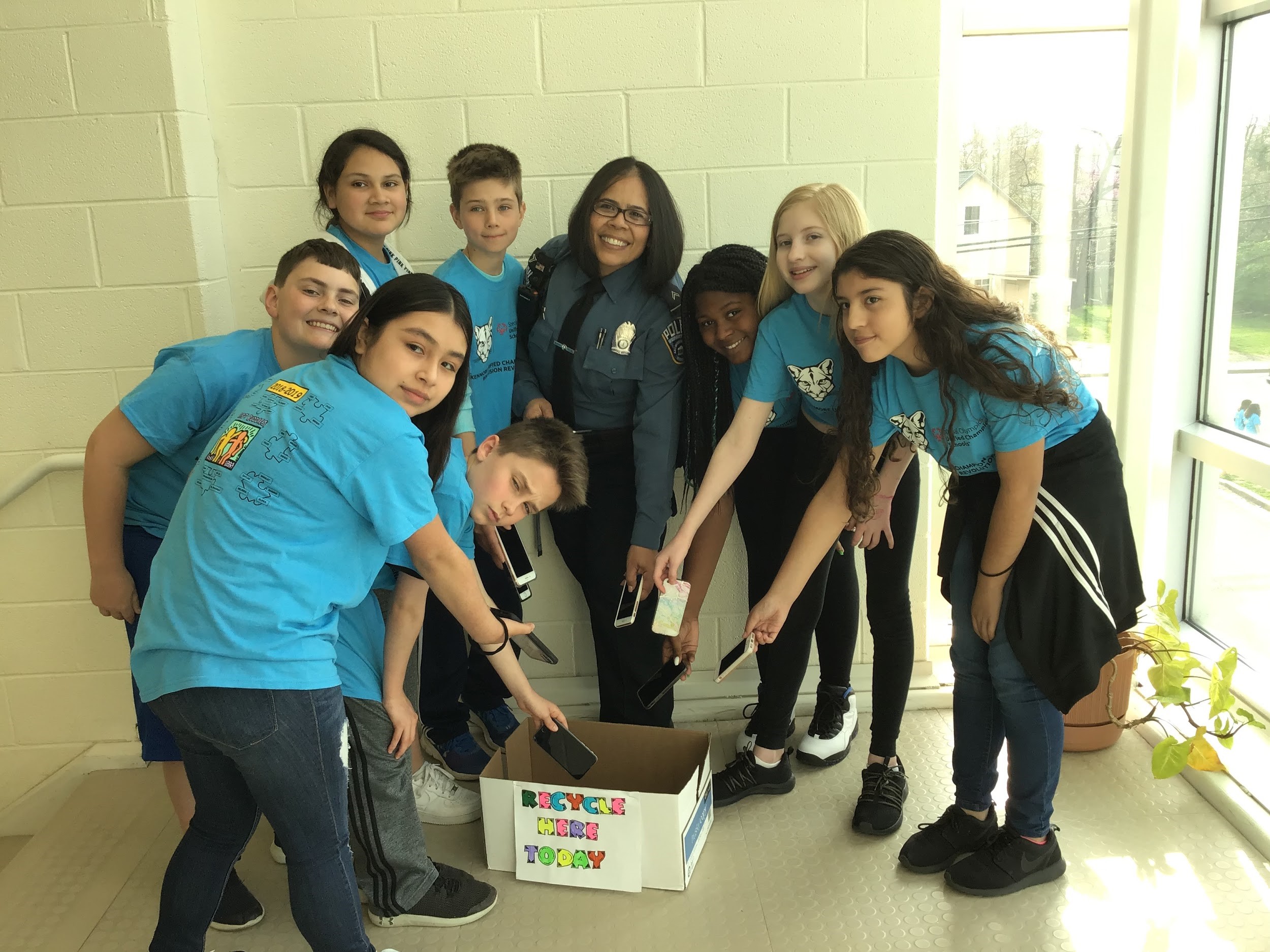 Valeria, Ashley, Iliana, Zaneya, Frank, Emmett, Connor, Jamethiel, Valery, Brady, and Talin were bothered by all the electronic being thrown away. Many contain components that leak toxins into the watershed. They hoped that by collecting unwanted electronics they could repurpose some and safely recycle others.
Valeria, Ashley, Iliana, Zaneya, Frank, Emmett, Connor, Jamethiel, Valery, Brady, and Talin were bothered by all the electronic being thrown away. Many contain components that leak toxins into the watershed. They hoped that by collecting unwanted electronics they could repurpose some and safely recycle others.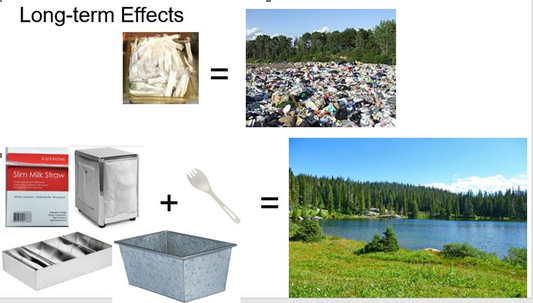
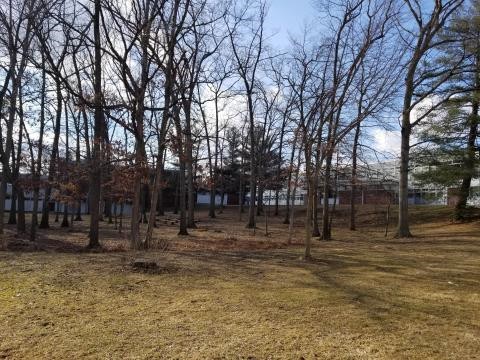 2019, Timonium, Maryland, USA
2019, Timonium, Maryland, USA